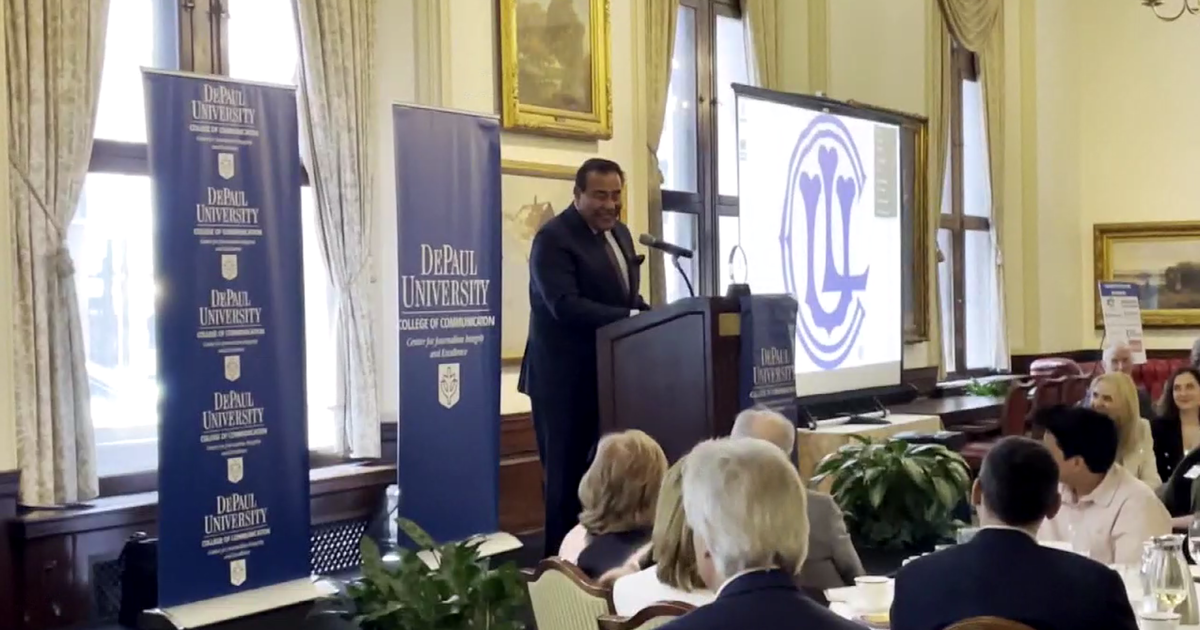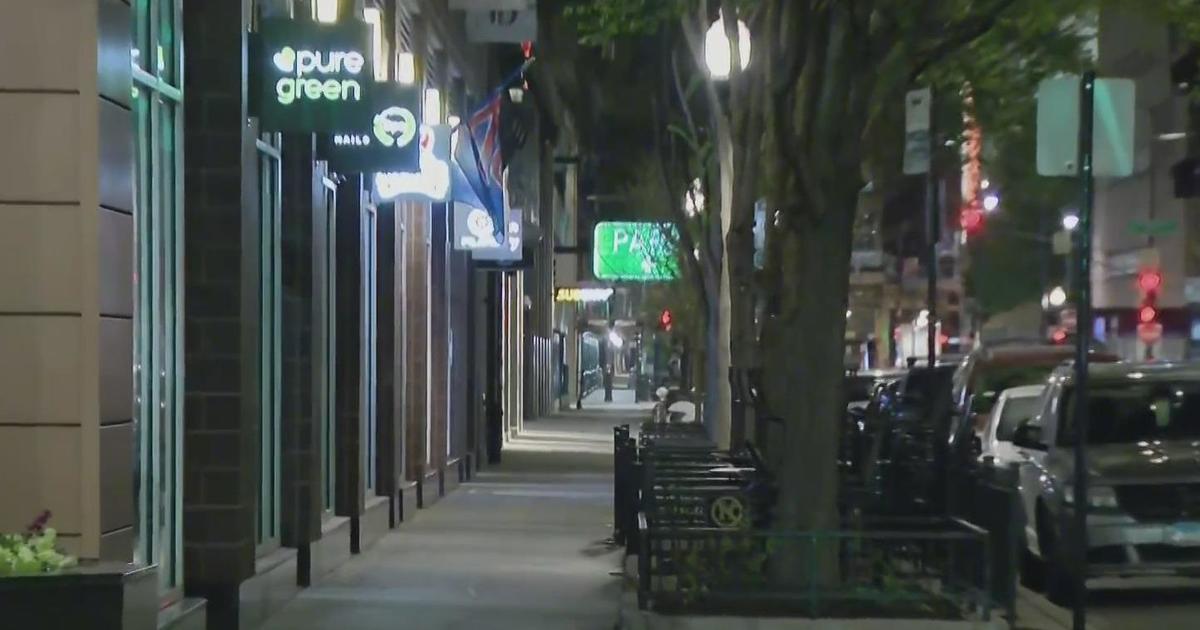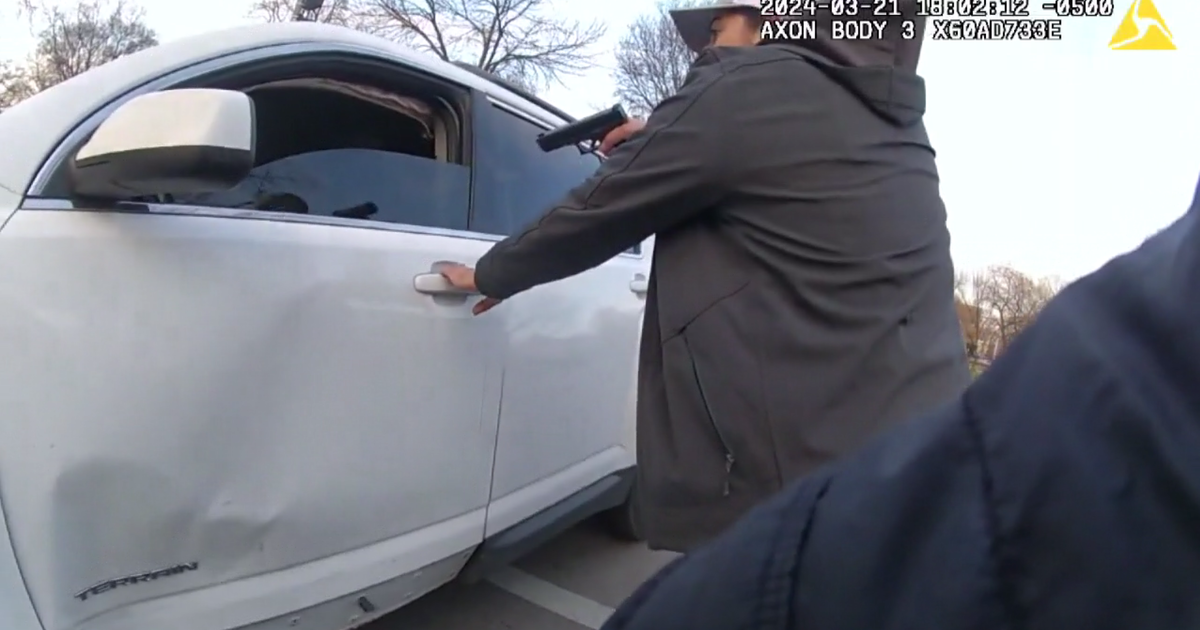Taxis Narrow Gap With Rideshares As Business Makes Slow Comeback From COVID-19 Pandemic
CHICAGO (CBS) -- As people get back to work, they are surprised how expensive it can be to get around. Prices for ridesharing are spiking, and that is driving people back to a more traditional form of transportation -- taxis.
Cabbies say business is making a slow comeback.
When Brian Jones was getting ready to hail his own cab outside of O'Hare International Airport, he said it was his first time in years.
"This is my first time since I was a kid," he said.
He was one of at least a dozen who said the same.
"I'm actually busier than I've ever been, ever, in eight years," said taxi cab driver William Ainsworth.
He said waiting in the taxi line at O'Hare is quicker than ever.
"The worst we'd wait four hours for a trip," he said.
Now he said he waits about half an hour.
"We're seeing opportunities for profits for taxi cab drivers that we haven't seen in a while," said DePaul transportation expert Joe Schwiterman.
He cites rideshare surge pricing and rising competitors like Curb, an app that let's riders order taxis straight from their phones.
Analysis published by New York-based data scientist Todd Schneider shows both both rideshares and taxi rides fell dramatically and picked up when the city reopened. But while ridership grew across the board starting in March of 2021, the rate of that growth for taxis outpaced rideshares.
"Taxi cabs are positioned to sort of elbow their way into a market that's been tough the last decade," Schwieterman said.
He said this does not mean rideshare won't stay on top, but it does bode well for the cab industry.
"The gap has narrowed," he said. "Uber and Lyft are getting some much needed competition. Now they have a feisty competitor in the taxi cab industry to worry about. That's good news for everybody."
However, the driver shortage is a shared one, as is the longer than usual wait time. Chicago taxi companies like Yellow Cab say that as of mid June they only had 15% of their drivers back.
"Taxi cab companies, just like Uber and Lyft, are reporting driver shortages across the board. [Drivers] are hesitant to jump back in due to health risks, concerns and crime," said Schwieterman.



